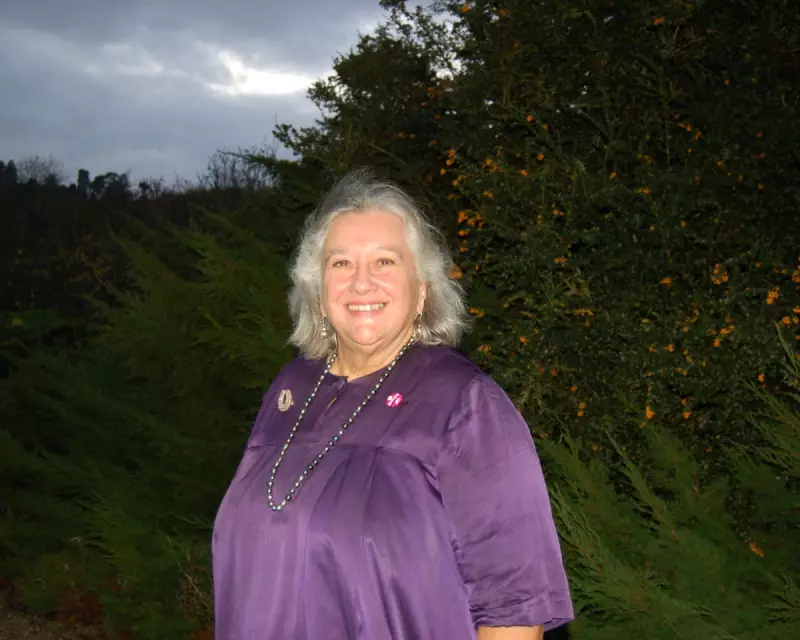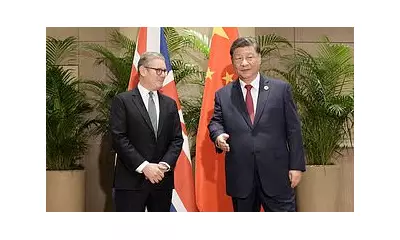
The world of artificial intelligence has been gifted a profound final testament from one of its founding figures, Professor Margaret Boden, who passed away earlier this year at the age of 91. A remarkable letter, written shortly before her death, has been shared with colleagues at the University of Sussex, offering unprecedented insight into her enduring fascination with machine consciousness.
A Lifetime of Exploring Minds
Professor Boden, a research professor of cognitive science at the University of Sussex, was internationally renowned for her groundbreaking work exploring the philosophical questions surrounding artificial intelligence and human creativity. Her final correspondence reveals a mind that remained razor-sharp and deeply engaged with the field's most challenging questions right until the end.
"The nature of consciousness, whether in humans or machines, remains the most fascinating puzzle," she wrote in her characteristically clear prose. The letter demonstrates her unwavering belief that AI could not only replicate but potentially enhance aspects of human creativity, a theme central to her influential 1990 book, The Creative Mind: Myths and Mechanisms.
Bridging Philosophy and Computer Science
What set Boden apart was her unique ability to bridge the gap between abstract philosophical inquiry and practical computer science. Colagues remember her as a formidable intellect who could converse with equal authority on Wittgenstein's philosophy and the latest neural network architectures.
Her final thoughts touched upon recent developments in large language models like ChatGPT, expressing both wonder at their capabilities and caution about anthropomorphising their outputs. She maintained that while machines could exhibit creative behaviour, the subjective experience of creativity remained a distinctly human quality.
A Legacy That Endures
Beyond her scholarly contributions, Boden is remembered as a generous mentor who inspired generations of students at Sussex. Her interdisciplinary approach—combining psychology, philosophy, and computer science—created an intellectual framework that continues to shape AI research today.
The emergence of this final letter provides a poignant capstone to an extraordinary career that spanned more than six decades. It serves not as a farewell, but as a challenge to future researchers to continue exploring the boundaries of machine intelligence with both scientific rigour and philosophical depth.





